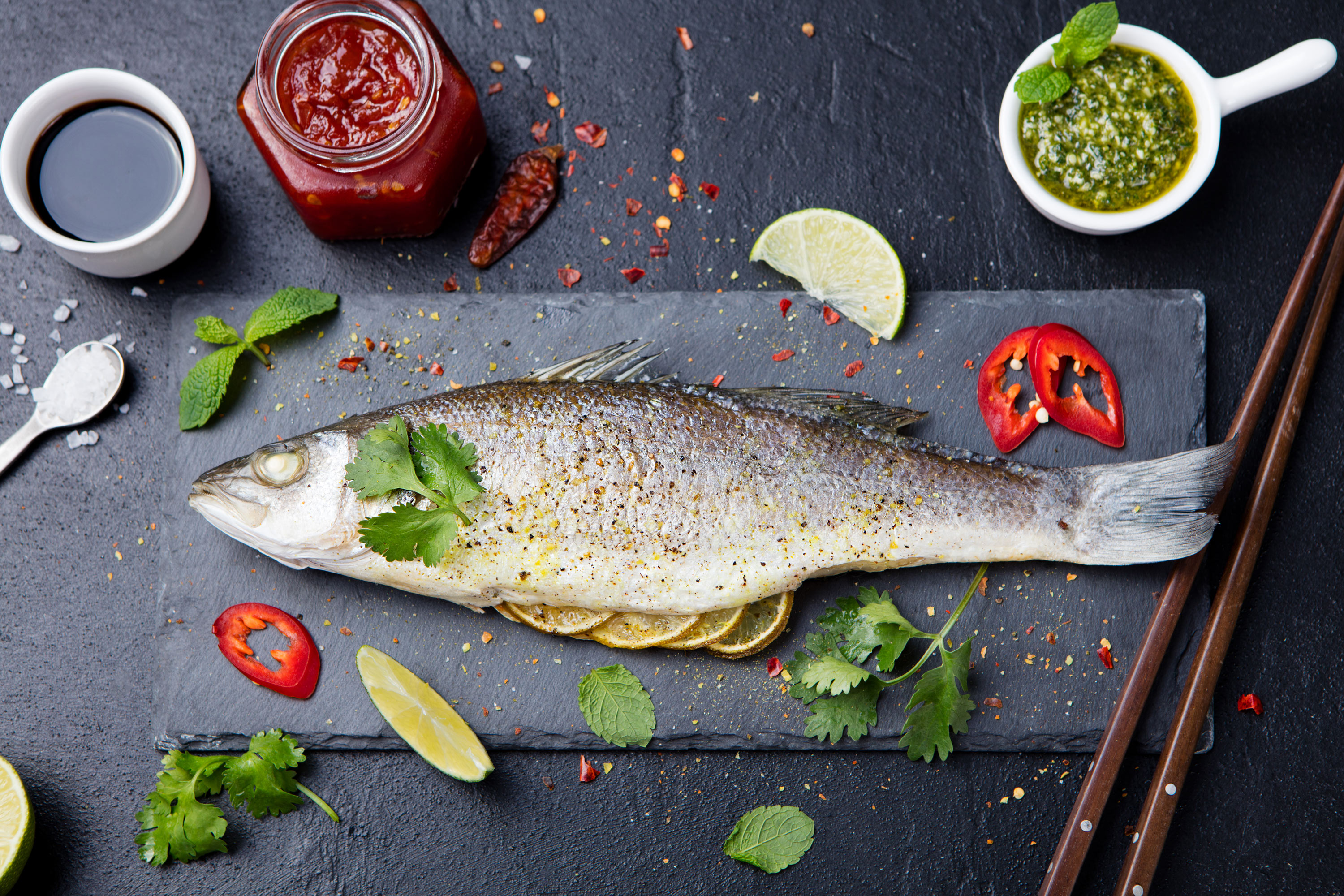
keep cooked meat separate from raw meat and ready-to-eat foods in general.follow any storage instructions on the label and do not eat meat after its use by date.store raw meat and poultry in clean, sealed containers on the bottom shelf of the fridge.It's important to store meat safely in the fridge to stop bacteria from spreading and avoid food poisoning. You can safely store a boiled egg in the fridge for a couple of days. crack the egg into a plastic tub and beat it before freezing – great for omelettes and scrambled eggs.crack the egg and separate yolks and whites into separate plastic containers or food bags before freezing.Storing eggsĮggs are best stored in the fridge as they are kept at a constant temperature. Place food in an airtight container or wrap it tightly in freezer bags or similar before placing in the freezer otherwise the cold air will dry it out. bananas: peel and wrap them or place in an airtight container before freezingĪnything with a high water content like strawberries and tomatoes will go squishy but are still fine to cook with.cheese (except soft cheese as the freezing process affects the texture).You can freeze pretty much everything, including: It could still contain bugs that could make you ill.Įating food past its "best before" date is not dangerous, but the food may not be good quality. They show how long the food will be at its best.įood can look and smell fine even after its "use by" date but that does not mean it's safe to eat. "Best before" dates are for foods with a longer life. It can be dangerous to eat foods past this date.

"Use by" dates appear on foods that go off quite quickly. Most pre-packed foods carry either a "use by" or a "best before" date. No food lasts forever, how ever well it is stored. If your fridge has a digital temperature display you may wish to check it against an internal fridge thermometer now and again to make sure it's accurate.Ĭlean and inspect your fridge regularly to ensure it remains hygienic and in good working order. Keep your fridge temperature at 5C or below. These are foods marked with a "use by" date and "keep refrigerated" on the label, such as milk, meat and ready meals.Ĭool down leftovers as quickly as possible (within 2 hours), store them in the fridge and eat them within 2 days.Īvoid putting open tin cans in the fridge, as the food inside may develop a metallic taste.įollow the manufacturer's instructions or place the contents in a storage container or covered bowl before refrigerating. Some foods need to be kept in the fridge to help slow down germs' growth and keep food fresh and safe for longer. Tips on storing food and leftovers to prevent food poisoning.


 0 kommentar(er)
0 kommentar(er)
